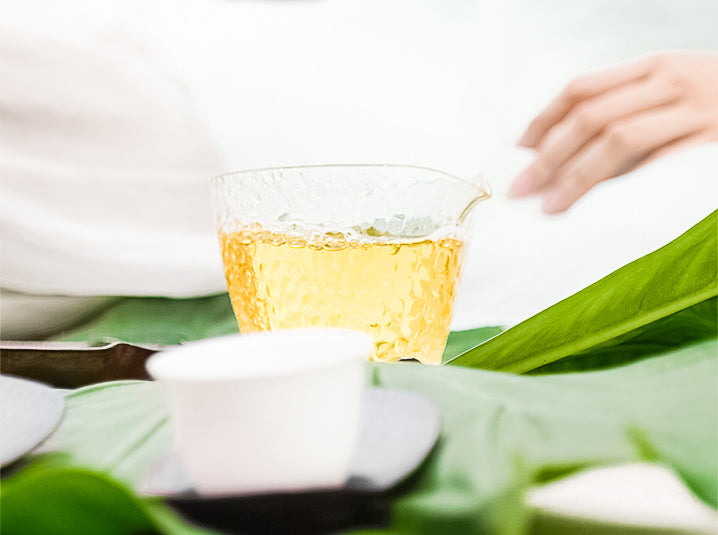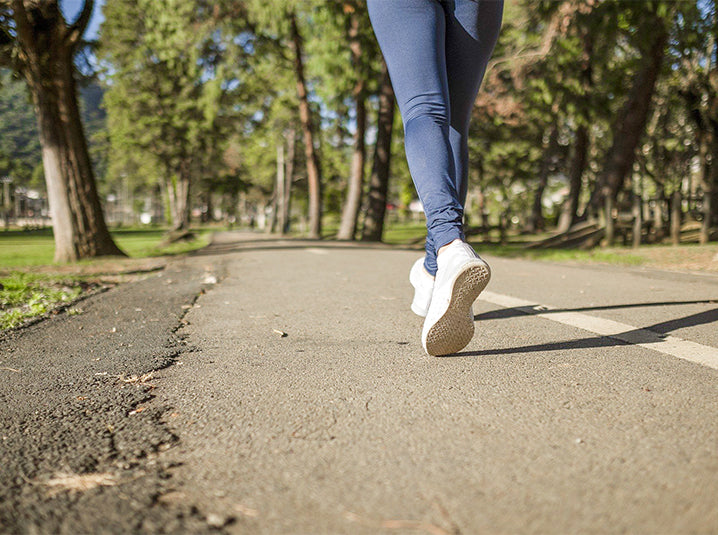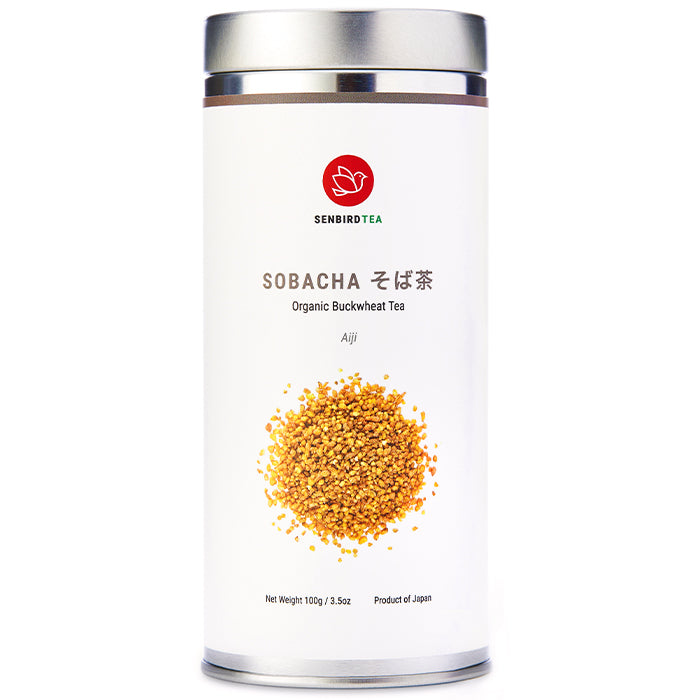
4 Health Benefits of Sobacha Buckwheat Tea
With its fragrant aroma and nutty sweet flavor, caffeine-free sobacha buckwheat tea is a popular tea with plenty of health benefits. Unlike many other teas, sobacha offers a gluten-free, caffeine-free herbal option that anyone can enjoy at any time of the day. Its toasty aroma and sweet, nutty flavor derive from the roasted buckwheat kernels used to make it.
Despite the name, buckwheat is not a gluten-filled grain but rather a seed. Moreover, in Eastern European and Russian cuisine, many popular dishes feature the small, brown, pyramid-shaped seed. Additionally, if you’re a fan of Japanese noodles, you may also be familiar with soba noodles, but did you know the main ingredient is buckwheat?
Sobacha buckwheat tea is gluten-free and safe for people with celiac disease or gluten allergies or sensitivities. Especially known for reducing blood sugar levels, sobacha is also an excellent source of natural fiber. Aside from Japan, it is also a popular tea in China and Korea because of its impressive health benefits. There are plenty of health benefits that this caffeine-free herbal tea can offer.
The information presented in this article is in no way intended as medical advice or as a substitute for medical treatment. You should always consult with your physician or other health care professional before adopting any treatment for a health problem.

1. Anti-Inflammatory Properties
The nutritional value of sobacha buckwheat tea are numerous thanks to the naturally occurring compounds found in the tea that keep the body happy and healthy. Edema is swelling that occurs in your legs when extra fluid is trapped in your body’s tissues. One of the benefits of drinking caffeine-free sobacha buckwheat tea is reducing swelling. There have been numerous studies in Japan and elsewhere [1], during which patients with edema were given sobacha and the swelling decreased. In the long term, drinking sobacha can also prevent some cases of arthritis. Rutin, a nutrient found in buckwheat with anti-inflammatory properties, may reduce the impact of arthritis. In addition to preventing edema and arthritis, sobacha buckwheat tea may help with other inflammatory conditions such as colitis or inflammation of the colon. Sobacha’s anti-inflammatory properties are especially beneficial for post-menopausal women who have high blood pressure and high cholesterol.

2. Diabetes & Cardiovascular Disease Prevention
Not only can sobacha aid with inflammatory conditions, this herbal tea can also protect against heart disease and diabetes. Buckwheat has two natural nutrients called D-chiro-inositol and Rutin, which help reduce blood glucose levels in diabetics. Ultimately, this may aid in preventing blood clots, which reduces the possibility of strokes and heart attacks.

3. Antioxidants for Immunity & Weight Loss
Similar to Mugicha or barley tea, buckwheat itself contains several antioxidants and minerals that provide nutrition throughout the body [2]. Even when used to make tea, the end product still contains those benefits which may improve immunity and aid in weight loss. This is thanks to catechins, a type of compound present in tea with high antioxidant levels. Drinking sobacha reduces constipation and bloating after eating. Additionally, sobacha is low in calories but rich in protein. Buckwheat contains Vitamin E, which supports the immune system and promotes eye health. The phenolic acid in sobacha buckwheat tea is beneficial for regulating digestion and reducing inflammation in the intestines. Selenium, which is also present in sobacha, reduces inflammation and enhances overall immunity. These three powerful antioxidants found in buckwheat work together to fight against viral, bacterial, and fungal infections.

4. Edible Caffeine-Free Herbal Tea
While many people like to enjoy a refreshing cup of green tea in the evening, the caffeine contained in most green teas can make it difficult to fall asleep or cause interrupted sleep. As an herbal tea, sobacha is free of caffeine and with its rich, toasty aroma, it can easily stand in for other teas. After brewing, the spent sobacha can be tossed into soups, salads, or pasta for additional nutrients. You can also try to make a delicious and healthy sobacha salad dressing too!
The mpressive list of Caffeine-Free Sobacha health benefits and its soothing aroma make this herbal tea a great caffeine-free drink, which can be enjoyed at any time of the day. Despite being an herbal tea, Sobacha has a rich nutty flavor and robust aroma, which can be enjoyed both hot or cold. With its impressive health benefits, sobacha buckwheat tea can easily become a staple for those who want to enjoy tea during the evenings.
If you want to read more articles on health benefits, check them out here:
- The 4 Health Benefits of Drinking Tea
- 7 Healthy Caffeine-free Herbal Teas For Natural Detox
- 5 Health Benefits of Genmaicha Brown Rice Green Tea
- 8 Health Benefits of Hojicha Roasted Green Tea
- 6 Health Benefits of Gyokuro Green Tea
- 4 Health Benefits of Mugicha Barley Tea
- 5 Health Benefits of Kuromamecha Black Soybean Tea
- Health Benefits of Sencha Japanese Green Tea
- 4 Health Benefits of Matcha Green Tea Powder
- 6 Best Teas for Sore Throat
Share your moment with us and stay connected on:
















